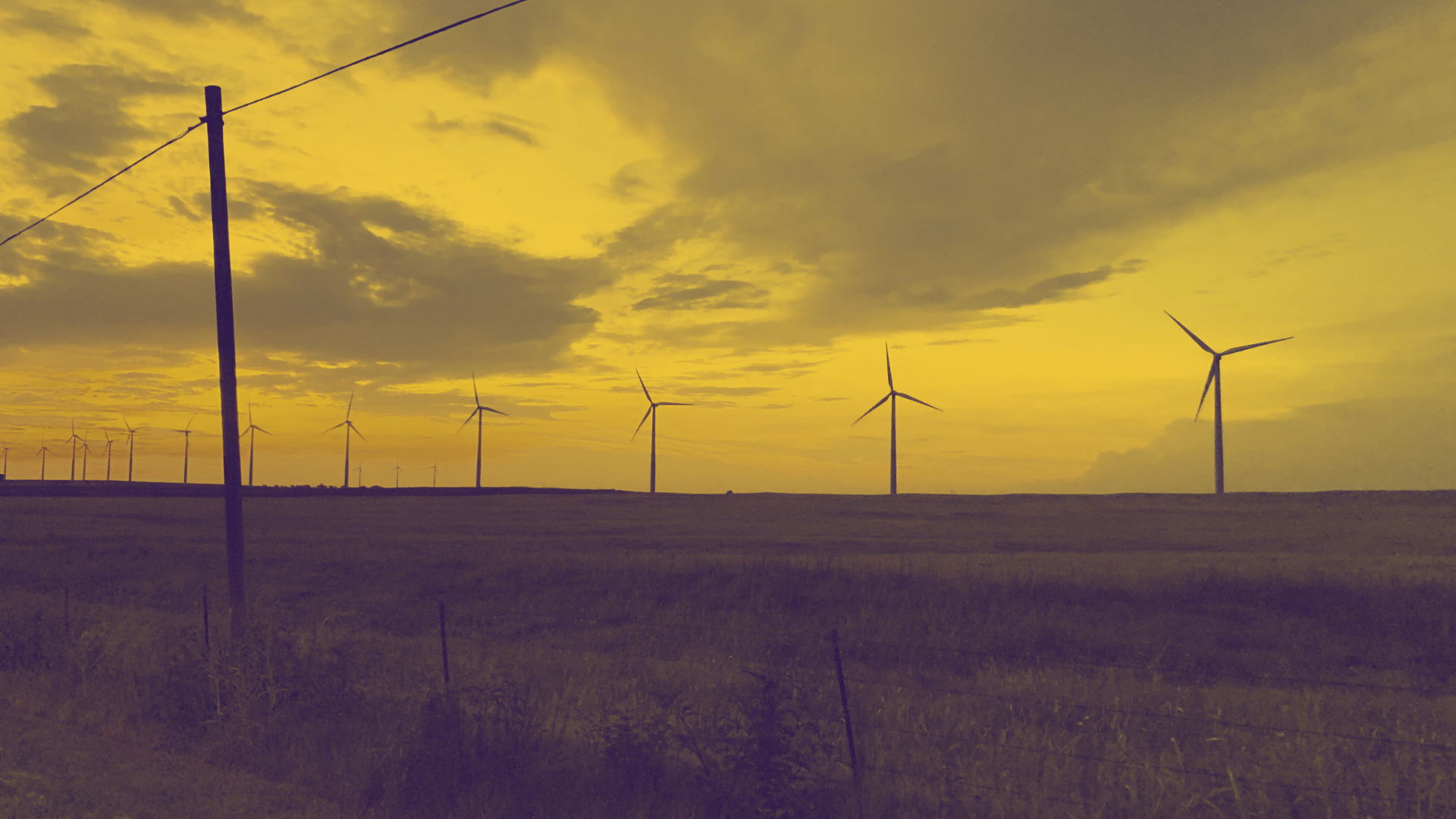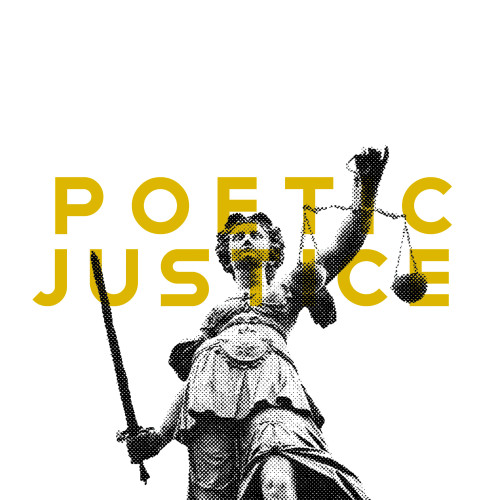
Oklahoma
The Oklahoma Chapter of Poetic Justice was the first to launch classes, beginning at David L. Moss Criminal Justice Center in 2014 and expanding to Mabel Bassett, Eddie Warrior, Creek County, and Washington County facilities. As pioneers, the chapter often spearheads new initiatives that create innovative ways to empower incarcerated women through writing and art. Its role in shaping Poetic Justice’s curriculum and outreach has been instrumental in expanding the program’s impact across the nation and supporting the healing and transformation of their participants.
Poetic Justice currently offers programming at the following locations:
David L. Moss Criminal Justice Center: Opened in 1999 in Tulsa, it serves as the county jail and houses pre-trial detainees and sentenced inmates for up to a year.
Mabel Bassett Correctional Center: McLoud, Oklahoma's medium/maximum-security facility for women.
Eddie Warrior Correctional Center: A minimum-security women’s facility in Taft, Oklahoma. The facility has a long history of people being confined due to legal or criminal circumstances for extended periods of time
Creek County Justice Center: This is the county jail in Sapulpa, which holds both pre-trial detainees and sentenced individuals.
Washington County Sheriff’s Office: Located in Bartlesville, it oversees the region’s county jail and law enforcement.
It's important for Poetic Justice to track the number of participants who are mothers because this information helps us better understand their unique challenges and needs. Many incarcerated mothers face additional emotional, financial, and social pressures, especially related to maintaining relationships with their children. By tracking this data, we can tailor our programs to provide the necessary support, create resources that address their specific circumstances, and advocate for policies that improve their well-being and family connections. This also allows us to measure the broader impact of our work on families and communities.
At Poetic Justice, we believe deeply in the importance of respecting and honoring the diverse racial, ethnic, and religious backgrounds of every individual we serve. Our organization is committed to creating an inclusive environment where all voices are valued, and everyone feels represented and heard. We recognize that our differences are strengths that enrich the collective experience, and we strive to foster a classroom culture that embraces diversity.
At Poetic Justice, inclusivity isn’t just a principle—it’s the foundation of everything we do. We are dedicated to ensuring everyone feels welcomed, understood, and empowered as we work together to create positive change.
Impact
Poetic Justice partnered with FWD.US to help document the story behind incarceration in our state. They asked our participants to write essays on what the word hope means to them. Click on the video to hear a reading of one of these powerful essays. Several of our OK participants had their essays chosen for publication. Click here to listen to more excerpts from submissions about what gives them hope.
Thank you to FWD.us for shedding light on incarceration in Oklahoma.
An exclusive 2-minute teaser of our upcoming documentary on the transformative power of poetic justice. Get ready to be inspired! Stay tuned for the full release.
Watch this short video of this heartwarming graduation ceremony that honors the hard work, dedication, and perseverance of our graduates. Their growth, learning, and transformation journeys are a true testament to the power of hope and change.
A special thank you to Lance West from the Oklahoma Department of Corrections for attending and capturing this unforgettable day on video. Your support and commitment to showcasing these stories of hope and progress are deeply appreciated.
Interested in joining the Oklahoma team? Learn more.













